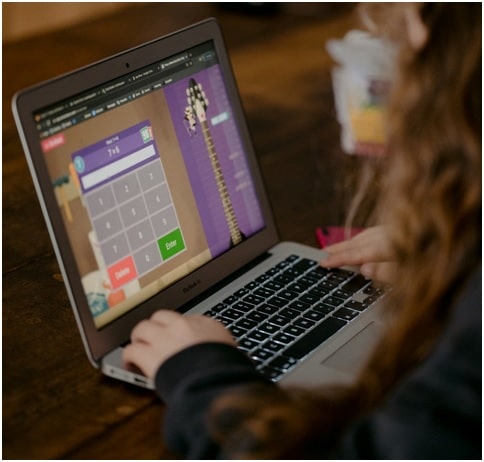
Travelling with family is a dream that many parents have. Yet, many parents hesitate to do so because they fear it will adversely impact their child’s education. As children grow older, these concerns are often multiplied because missing a week of school can significantly disrupt their classes.
That said, many parents want to create enriching travel experiences that encourage exploration and instil valuable life skills such as patience and creativity in children. However, conventional schooling systems are less flexible when it comes to holistic learning. As a leading online school, Cambridge Home School is highly focused on creating learning experiences that supplement classroom learning.
For parents who feel that travelling will promote rounded learning and development in their children, we’ve compiled a few essential tips that can help you balance both classroom learning and travel experiences.
#1. Make sure your children are already excelling at school
If your children are performing well at school, it can be beneficial to supplement that learning with travelling experiences. However, if your child is struggling with school or cannot meet deadlines as is, these issues need to be addressed first. See what you can do to help your child perform better at school, submit assignments, and meet grade expectations.
In most cases, schools monitor these metrics like class ranking and test scores closely. If your child isn’t at least above average in these areas, extended absences can raise red flags, and the school might not promote your child at the end of the year.
Since most conventional schools don’t support online education, you can also look into online learning that can be accessed anywhere. This is particularly useful for families who want to go on longer excursions.

#2. Plan around school breaks to avoid disruptions
When making travel plans, try to put together a schedule that minimises disruptions during the school year. Weekends and holidays provide the best opportunity, so use those as much as you can.
Of course, for many families, travelling during peak seasons isn’t exactly affordable or accessible. That’s why many parents are looking to plan trips in the middle of the school year. If you’re dealing with a similar situation, it’s best to ensure that your child’s curriculum doesn’t include any major tests or activities planned for that period.
#3. Give the school advanced notice
If you’re planning a vacation, it’s a smart move to tell the school and teachers beforehand. Giving advanced notice can also help avoid any issues with attendance that may interfere with your child’s schooling later. They may even be able to give you more insight into any upcoming test dates or school projects that require their presence in person.
Also, tell your children about the upcoming travel plans in advance. Tell them that their performance at school needs maximum effort to go on the trip without any worries. This way, they’ll be proactive with their work, plan ahead, and stay motivated to work harder.
#4. Emphasise the educational experiences your child will have

When giving the principal and teachers advanced notice about the absence, emphasise the educational value of travelling. Most schools and teachers understand that travel and supplementing classroom learning with other experiences is a fundamental part of your child’s growth—that’s why they schedule field trips.
Highlight how your child will be building on classroom studies while on the trip. Examples can include how helping with the travel budget can improve maths skills and touring new areas can enhance understanding of Social Studies’ concepts.
#5. Have your child submit assignments before leaving for travel
Teachers already have their hands full. Help them out by ensuring your kids submit all their assignments and special projects before leaving. If any big tests are coming up, request that the school let your child sit them in advance.
This helps your children understand that travelling isn’t just a way out of schoolwork. Instead, they’ll learn to be more proactive and organised so they can earn the opportunity to travel.
#6. Consider online learning for your child

If you’re planning to travel frequently or have extended trips, conventional schools can only do so much to support your child’s needs. Online learning is the key to balancing academics and making the most of enriching life experiences across the world.
The best cambridge school in UK require children to be present for live online classes to maximise the benefits of classroom learning. At the same time, they a bit more flexible when it comes to recorded sessions. Plus, with all course material, class lectures, projects, and schoolwork online, it’s easier to manage school despite the location.
